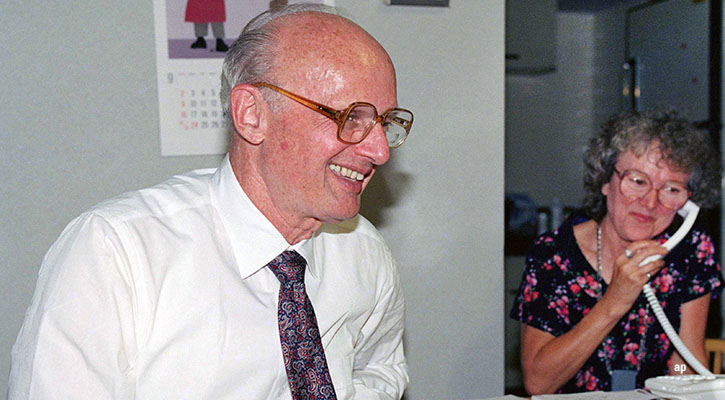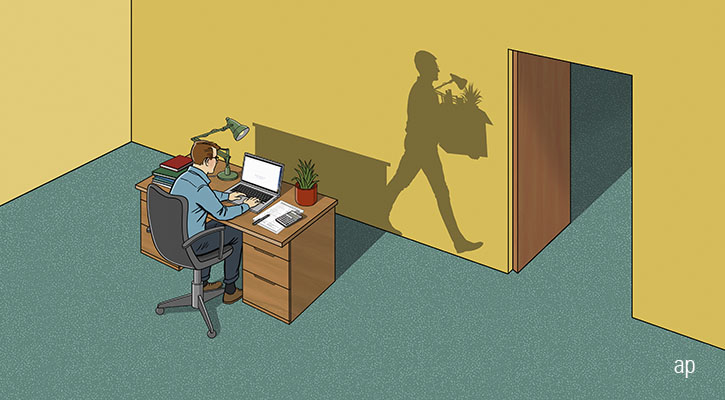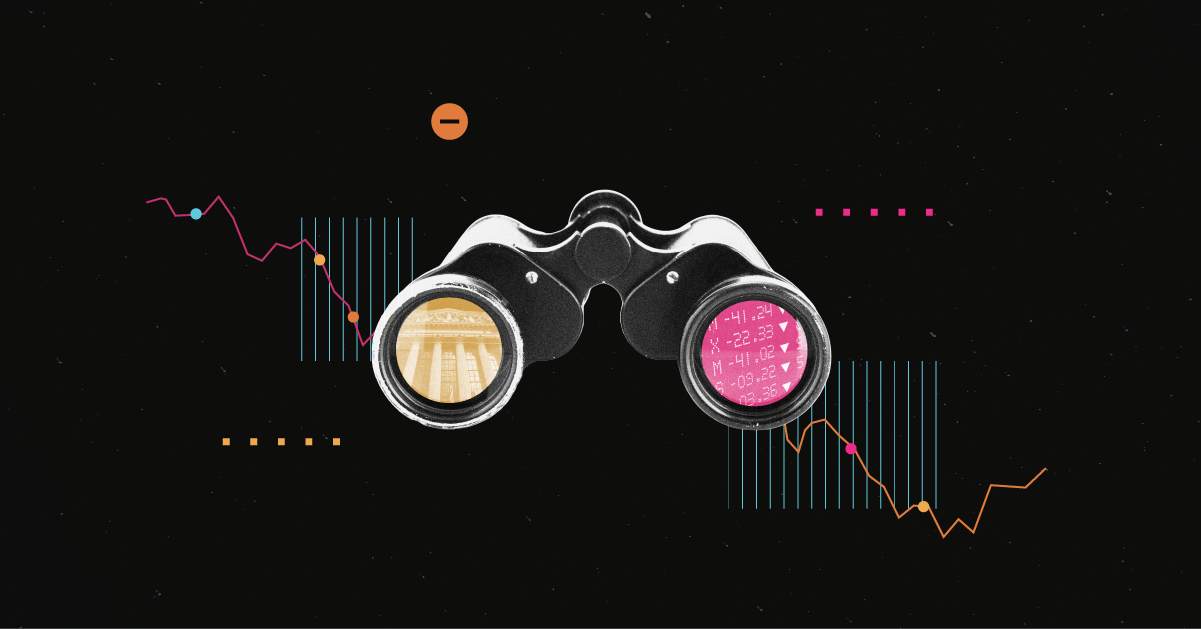
The UK housing market is on the brink of a "tragedy" according to economist Frances Coppola, with a credit crunch leading to house price falls and a rise in repossessions.
Speaking at the Morningstar Investment Conference UK in London, she described the coming housing market crunch as foreseeable and one that policymakers should have tackled earlier.
The way the mortgage market is structured is part of the problem, meaning that homeowners are directly exposed to interest rate risks.
“The entire UK mortgage market has organised itself around interest rates remain low and stable. Hence the proliferation of two- to five-year fixed rate mortgages. Millions of mortgage holders are facing massive increases in interest payments when their fixed rates are up (…), many of these households are terribly leveraged, and many, especially more recent buyers, will find new mortgage rates unaffordable and be forced to give up their homes.
The cracks are already starting to appear, she said.
“House prices are already falling and I think they will fall more. As that happens, the pain will spread to older people who are relying on their property to pay for care or have levels or have leveraged themselves in the buy-to-let market. This is shaping to become a widespread tragedy, and it can be directly attributed to 15 years of low, stable interest rates and high asset prices.”
A whole generation of people won't have experienced higher interest rates, she added. And renters, who tend to be part of this younger cohort, will still be exposed to this crisis as landlords will seek to pass on the costs.
In a wide-ranging speech, Coppola looked at the history of financial crises, arguing that the global economy is on the brink of another of its seismic shifts. Even though the current inflation crisis will pass, instability will continue to be endemic. "This won’t be the last crisis," she said.
After years of lower interest rates, these shifts are making themselves clear, across areas like cryptocurrency, speed of money transfers, and in the mortgage and housing industry. We're living in the era of "polycrises", she said, and this will usher in a new era of institutions and regulationas as the post-war consensus crumbles.
Stability Brings Instability
She cited the economist Hyman Minsky, who said that crisis is part of capitalism and periods of stability are in themselves destabilising.
“The longer our system goes without a major crisis, the more violent the shift when the crisis eventually happens. I believe the inflation, financial disturbances, political fragmentation and wars we are currently experiencing signal that the tectonic plates of our financial, economic and political system are undergoing a major shift.”
Not only is inflation a new concept for young people, even the financial system has grown accustomed to low interest rates, low inflation and ample liquidity. As a result, the volatile nature of inflation and increasingly expensive money is a radical change which institutions are “wholly unprepared for”.
We saw the “crypto bubble” burst in 2022, culminating in one of the key events of 2022, the collapse of crypto exchange FTX. Then this year, the implosion of US regional banks and Silicon Valley Bank – all exposed to interest rate rises and liquidity withdrawals.
She explained: “The business model they adopted [was] to take advantage of the massive expansion of deposits during the pandemic. These banks positioned themselves to attract large deposits from tech and crypto companies, paying no interest on the deposits and providing specialist payment services, for which they charge fees.”
Time for Banks to Slow Down?
Coppola argued that this focus on providing instant payments, a key feature of today’s payment landscape, worked against these banks in the end.
“By 2023, payments technology has changed so much that people could move their money instantaneously using the phone,” she said, pointing out that before the financial crisis in 2008, all banks had to do to stop deposit runs was closing their doors.
“Not anymore. In March this year, $42 billion left Silicon Valley Bank in less than 24 hours, withdrawn as wire transfers. The following day, a further $20 billion left SVB – the speed and scale was unprecedented.
“And so too was the spread of the rumours. These rumours were deliberately spread on social media, email and WhatsApp by powerful influencers whipping up enormous panic that uninsured deposits can no longer be considered safe.”
Frances Coppola is a frequent commentator on financial and economic matters, and writes for her blog Coppola Comment. She worked 17 years at various banks where much of her work was concerned with settlement, accounting, and risk management systems and is also a published author.





























